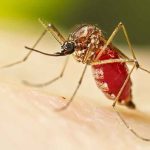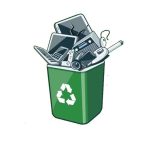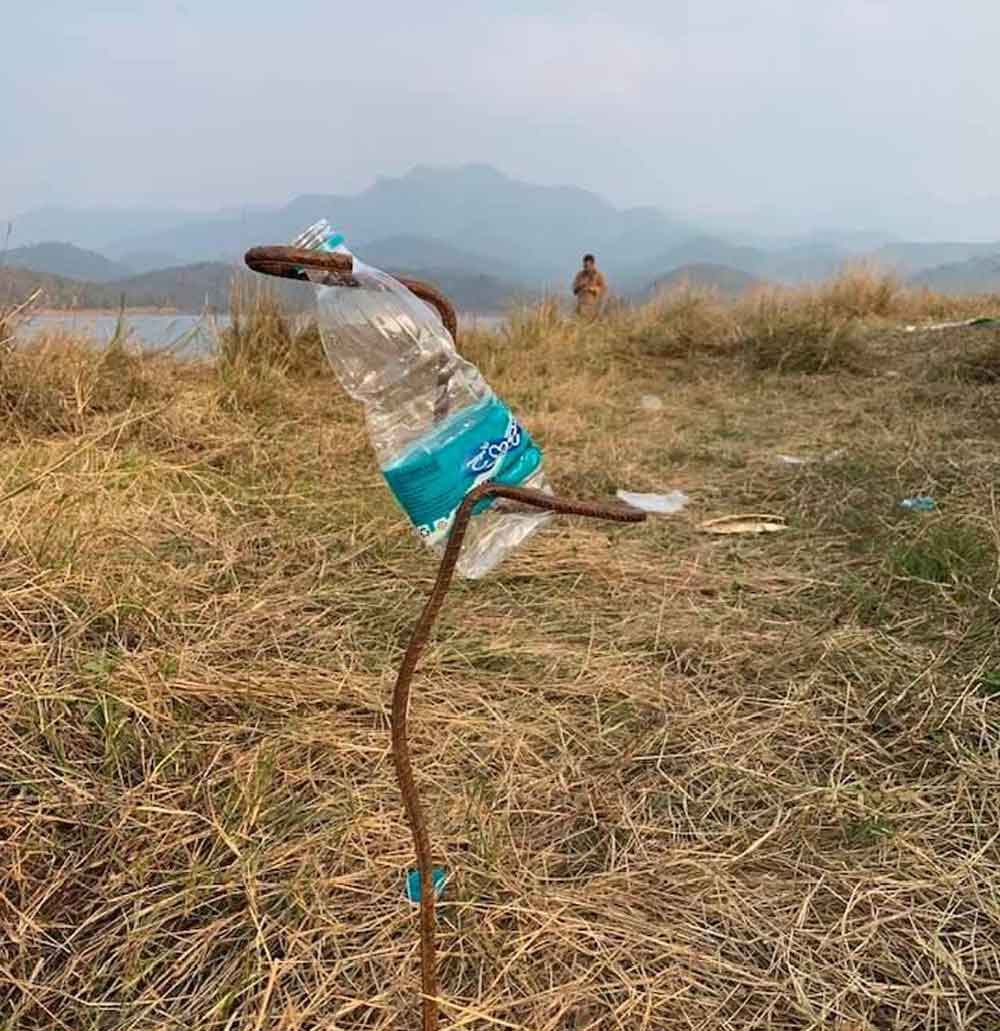N. Munal Meitei,
Environmentalist, email-nmunall@yahoo.in

The country is celebrating the 75th Vana Mahotsova, the great festival of forests from 1-7 July with the ethos to save the environment and the mother earth. In the meantime, the state is facing with a massive flash flood from overflowing the River banks mainly in Imphal area. Such are the vivid warnings from the mother Earth.
International Plastic Bag Free Day in celebrated on 3rd July since 2016. This day gives an opportunity to remind us, that every action we take and every bag we dispose of, affects the environment including the future generations. Used plastic bottles which clogged drainage also took a sizable role in the current flood in Manipur.
Plastic bags also affect the growth of crops, by hindering the process of photosynthesis in agricultural fields. Thus, it is all about the environmental conservation and promoting the use of more biodegradable and eco-friendly alternatives.
Plastics invented during 1907 take 250-3000 years to disintegrate. Thus, every plastic piece that has been manufactured so far will exist on the earth in one form or others. India has banned on use, manufacture, import, stocking, distribution and sale of identified single-use plastic items, which have low utility and high littering potential having less than 100 microns in thickness from July 1, 2022. Any contravention is punishable with imprisonment for a term of five year or with a fine which may extend to Rs 1 lakh or with both. But we are still much lacking behind to implement in field.
India’s plastics consumption of 21 million tons per year i.e. 15 kg per person is one of the highest in the world. About 60% of plastic waste in India is collected – that means the remaining 40% or 10,376 tons remain uncollected. India ranked 3rd on mismanaged plastic waste and during 2024, it will reach 7.4 million tons.
Single-use plastic bags can contaminate soil and water, endangering humans and wildlife alike. Now plastic is omnipresent, from food packaging to our super computers, from educational equipment to life-saving medical innovations, from housing to clothing etc. Thus, we use the plastic products for 24X7.
The impact of plastic bags is not only the huge time taking in decomposition but addition of toxic substances and micro plastic into the environment. When plastic bags are burnt, they release dioxins, furans, mercury and BPAs into the air causing ambient air pollution. The other detrimental environmental effect includes littering, pollution of soil, air, water, blockage of channels, rivers, streams and landscape disfigurement which we have seen in most of the hill states like Manipur.
The marine ecosystem in particular is suffering immensely as a result of plastic pollution. With plastics, every half an hour a sea grass meadow for the size of a football ground is destroyed and the destruction is estimated to release around 299 million tons of carbon every year. Surprisingly, the total debris of plastic litter in ocean today is more than the total number of visible creatures in the ocean water.
Globally 500 billion plastic bags are used per annum which is 160000 plastic bags used for every second. Unluckily less than 1% of them are recycled but one ton of recycled plastic bags save the energy equivalent of 1750 litres of oil. 75% of beach litter worldwide is plastic. If these plastics are put one after another, they would go around the Earth 7 times for every hour and can occupy half of India.
90% of plastic polluting our oceans is carried by the Rivers and plastic is killing more than 1.1 million seabirds and animals every year. Human are also not left out. At present, human ingest 5 gm. of micro plastics every week which is 2.5 kg in a decade leading to various health problems.
Productions of plastic consume 4500 million tons of oil which 8% of the earth’s petroleum products. To produce a single 1 litre water bottle, 162 gm. of oil and 7 litre of water is required. Thus only for plastic bottles, 2703 million litre of petroleum are required annually.
Plastic is plaguing our planet. A plastic-free planet should not be only for the privileged, but should provide solutions and alternatives for many who depend upon this cheap, light and accessible material. The real campaign for plastic bag Free State should be started from the smallest units, from myself, my family and then to neighbors and then to our locality and ultimately the whole state and country.
Awareness is another critical tool for behavioral improvement on using of plastic bags. Other actions include taking part in neighborhood clean-up efforts, voluntarily recycling of household waste, avoiding littering and illegal dumping of plastic bags. Our easiest activity to take part is collection and properly damping of all plastic garbage from markets, roadways, beaches and rivers wherever we find there. The best solution to address plastic pollution is to change our mindsets to stop the throwaway culture with habits of reduce, reuse, recycle and educate.
Finding the ways such as to reuse the plastic waste for road black topping and making of useful home designs and other domestic products etc. are other encouraging options. Though reduction is the best option, another good hope is identification of B. subtilis and wax moth caterpillars that could manage the global plastic problem in landfills and oceans to some extent.
Therefore on coming of the International Plastic Bag Free Day-2024, let’s make Manipur, a zero-plastic state in days to come.













